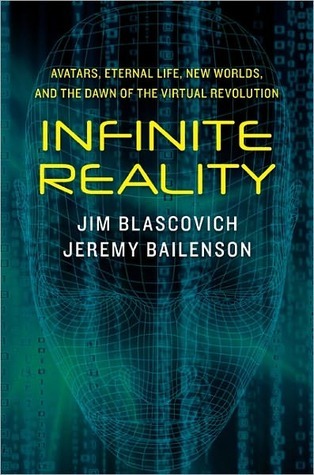More on this book
Community
Kindle Notes & Highlights
Started reading
January 1, 2018
Taking all of this into account, one might concede that reality is subjective but conclude that it’s still a constant for each of us individually. But, even within a single mind, reality is in constant flux.
Nothing is particularly unsettling about the subjective manner in which people perceive reality. Sure, we see things differently from one another, and even from ourselves from time to time, but we still manage to come to a general agreement of what’s collectively in front of us and to share our perceptions with each other. Those deviating from this collective perception, people who see, hear, or feel things that aren’t physically there at all, are usually labeled crazy, victims of faulty wiring, etc. “Son of Sam” serial killer David Berkowitz, who heard voices, and Nobel laureate John Nash,
...more
The takeaway message here is that the mind decides if perceptions are real. If the mind buys into an experience, it deems it “real,” otherwise it judges it to be unreal. And, if enough people share the perception that an alternative reality is real, then who’s to say it isn’t?
The difference between heaven, which the great majority of Americans believe is real, and leprechauns, which are fiction to most, is determined largely by consensus, as opposed to scientific proof.
Consider the strange case of David Pollard and Amy Taylor, a British couple who met online and married offline. Though apparently faithful in physical reality, David admittedly still had sexual relationships in Second Life. The Globe and Mail reported on November 15, 2008, “After catching her husband with his virtual pants down…, Amy Taylor decided enough was enough.” Had David been unfaithful? Supporting his claim that he had not, he argued that cybersex is merely a shared fantasy and that only his avatar had developed a virtual sexual relationship. Apparently, David’s avatar was a “real”
...more
To paraphrase Dennis Miller, the day a teenage boy can buy an avatar that looks like a supermodel for $19.95, virtual reality is going to make crack look like a cup of weak, instant, decaffeinated coffee.
Colors, smells, and sounds don’t have a ground truth—they are experienced subjectively from one person to another, and even, from time to time, differently by the same person. So, in a sense, if all of perceived reality is virtual, then the notion that “true” experience can only be had in physical reality seems, well, unreal.


